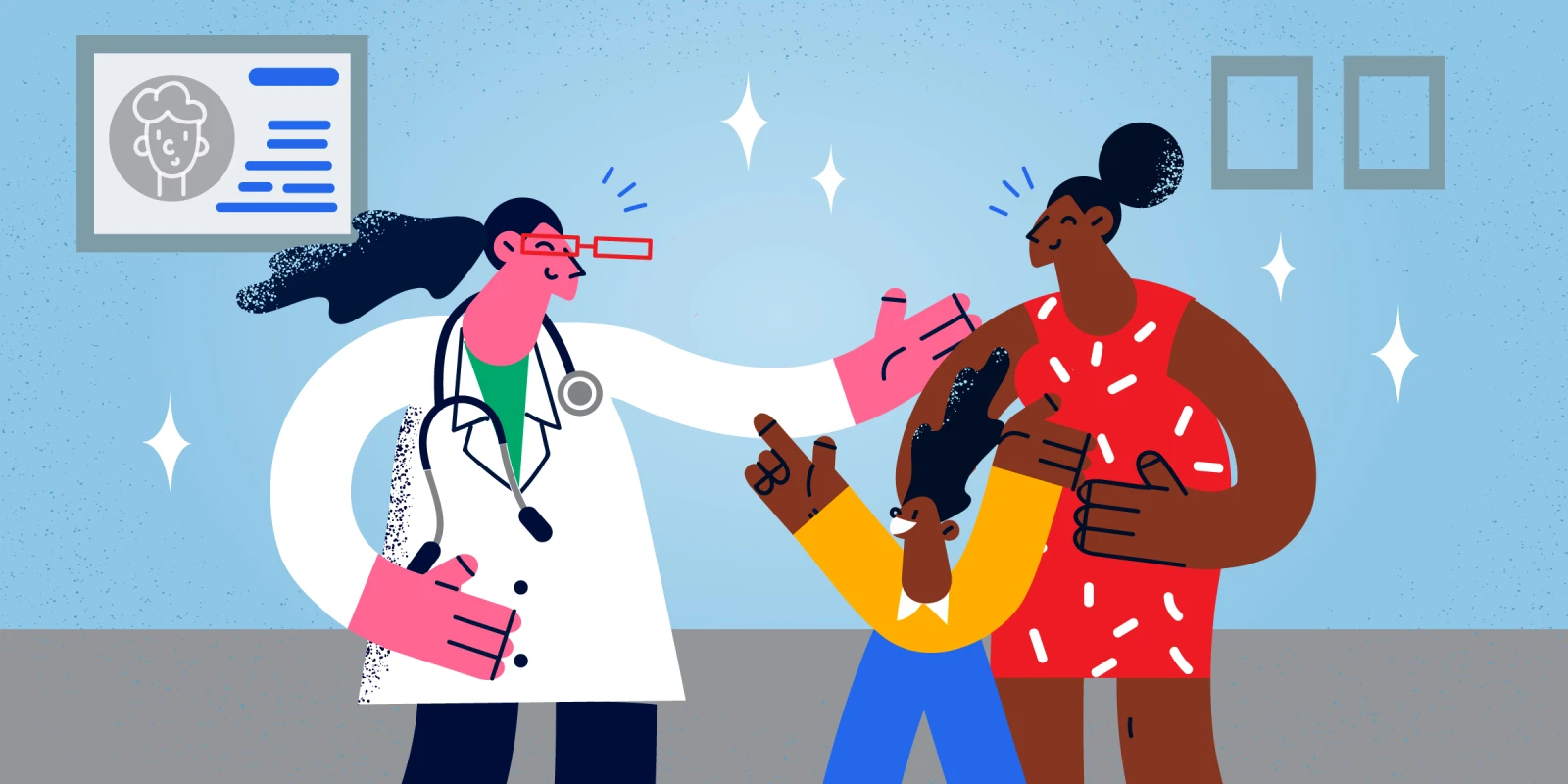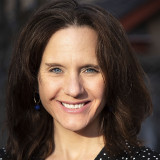As a pediatric nurse practitioner working in primary care, I sometimes wrestle with a nagging feeling that something is missing in the health care field, or maybe more accurately, that the health care field is in need of something more. This sentiment doesn’t define all of my days necessarily, but the thought buzzes across my awareness with some degree of regularity. More of what, I ask? I can’t always pinpoint it, but the idea whispers to me when I’m meeting with a frustrated patient, when I’m chatting with a burned out colleague, or when I encounter members of the community who are conflicted and confused about updated public guidelines. What are we missing?
In today’s climate, I feel that the field of health care is drifting to the side of statistics, with a goal of efficiency and measurable outcomes being prioritized. Data points and analysis are creating a current that is continuously pulling us toward an increasingly polarized definition of “best outcomes.” I can’t help but wonder, however, if, in the midst of this ebb, what we may be missing is a more diversified definition of “best outcomes” — one that includes compassion and regard for the individual experience. In seeking diversification, it’s quite possible that we could all benefit from brushing up on some fundamental nursing skills to incorporate into our practice, emphasizing the need to protect the individual. I reflect on the Florence Nightingale pledge, that a nurse “remains devoted to the welfare of those committed to [their] care.”
It may seem to be a far reach to envision a paradigm that includes both sound algorithms and space for the narrative, but my training and experience as a nurse practitioner suggests that a hybrid approach is possible. For much of my career, I’ve had to navigate varying models of care, straddling nursing and medicine at the same time. In some phases, my role has felt to be closer to the role of nursing, and at other times closer to the role of medicine. This fluidity has helped me appreciate not only the feasibility of incorporating both sides, but the realization that they are not opposites of one another. In other words, the generic idea that medicine is solely a field of the sciences and nursing is purely a vocation of caretaking is antiquated. Rather, the two fields often blend together like a watercolor painting.
Recently, I attempted to tweak my focus at work to uncover examples of what a revised paradigm might look like in my own practice. On one particular day, my first patient presents with persistent asthma. His mom is visibly aggravated that her child is missing school yet again, and that the medicine previously prescribed doesn’t seem to be working. Her frustrated and exhausted expression invites me to lean further into her narrative a bit more. I inquire more about her experience of caring for a sick kid while also trying to work long hours in an unpredictable environment with potential exposure to COVID-19; the fact that she was previously charged for a non-generic medication that wasn’t covered by insurance; and her perspective that each clinician who treats her child refers to an Asthma Action Plan that she doesn’t fully understand. While placing my hand on her shoulder, I nod and decide to comb through these details with more deliberate care and understanding. It becomes clear to me that the need for compassion and focused communication, combined with scrupulous adherence to evidence-based guidelines is critical to this patient’s plan. Throughout the day, further examples of the need for intentional compassion continue to arise: The exhausted mom with a fussy baby who isn’t breastfeeding or sleeping well, the sexually active teen who is depressed and self-harming, my co-worker who had to stay late charting and was up with her own sick children the night before. I consistently focus on blending solid science with better listening, deeper empathy, and acknowledgment of all dimensions of disease.
The counter argument, I’m unfortunately all too familiar with: limited time, limited resources, and inadequate compensation. Yes, yes, and yes. The logistics are impossible to brush over. However, I can’t help but return to that initial whisper, asking what can be added. Maybe if we include nursing skills on our dashboards of metrics, and return to it throughout the day, it will add up and aid in the mission of diversifying “best outcomes.” In these times of disdain, commotion, and perplexity, there also exists a profound opportunity to tap into a shared longing for compassion and healing relationships. So … my suggestion is that, regardless of the profession, we all need to revisit fundamental nursing in addition to statistically significant care, and include nourishment to our treatment plans — the equivalent of a warm blanket, a bandage, and a pat on the back. I can’t help but think that part of the new definition of “best outcomes” should include a reassurance that there exists a kindhearted way forward, and that it’s going to be OK.
As a physician, what nursing skills would you say are important to your practice? As a nurse, what skills do you wish you saw more commonly practiced?
Kyra is a pediatric NP who trained in Denver, CO and now works in a neighborhood community clinic in the Bay Area. She loves having the opportunity to interact with families and their community as a whole. In her free time, Kyra enjoys spending time with her two kids doing anything that requires being outside in nature. Kyra is a 2021–2022 Doximity Op-Med Fellow.
Image by Alphavector / Shutterstock







